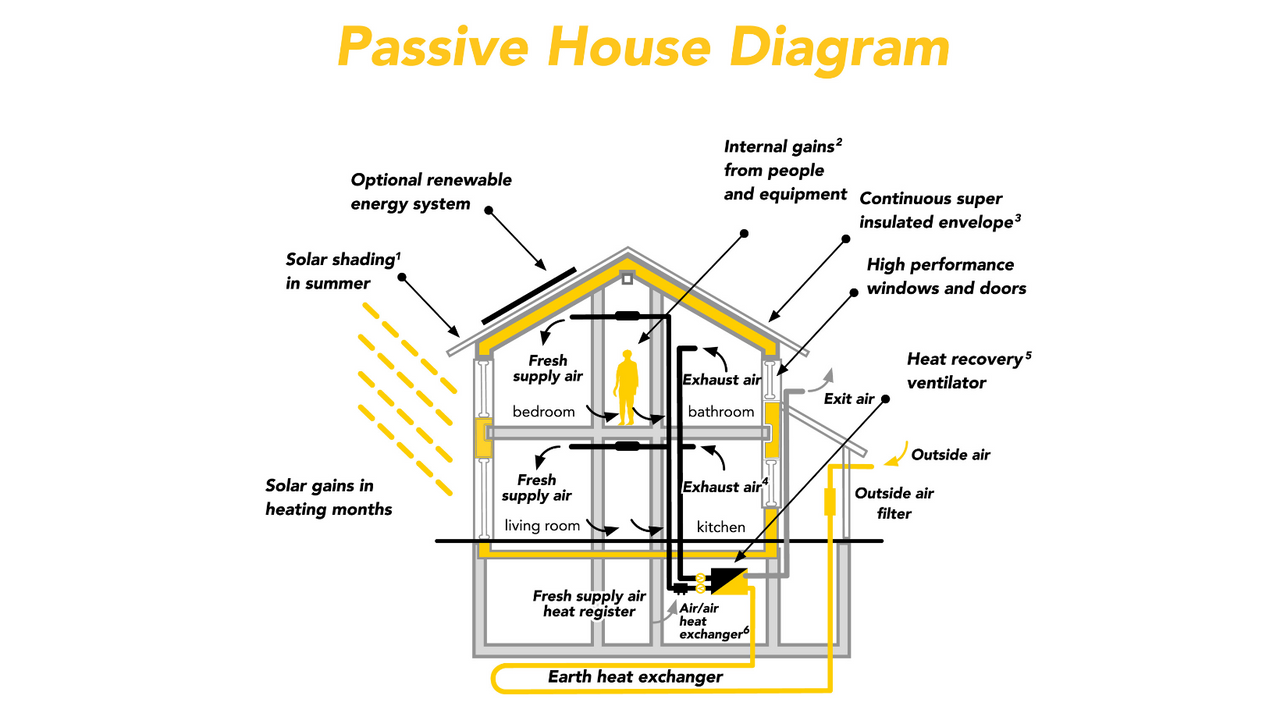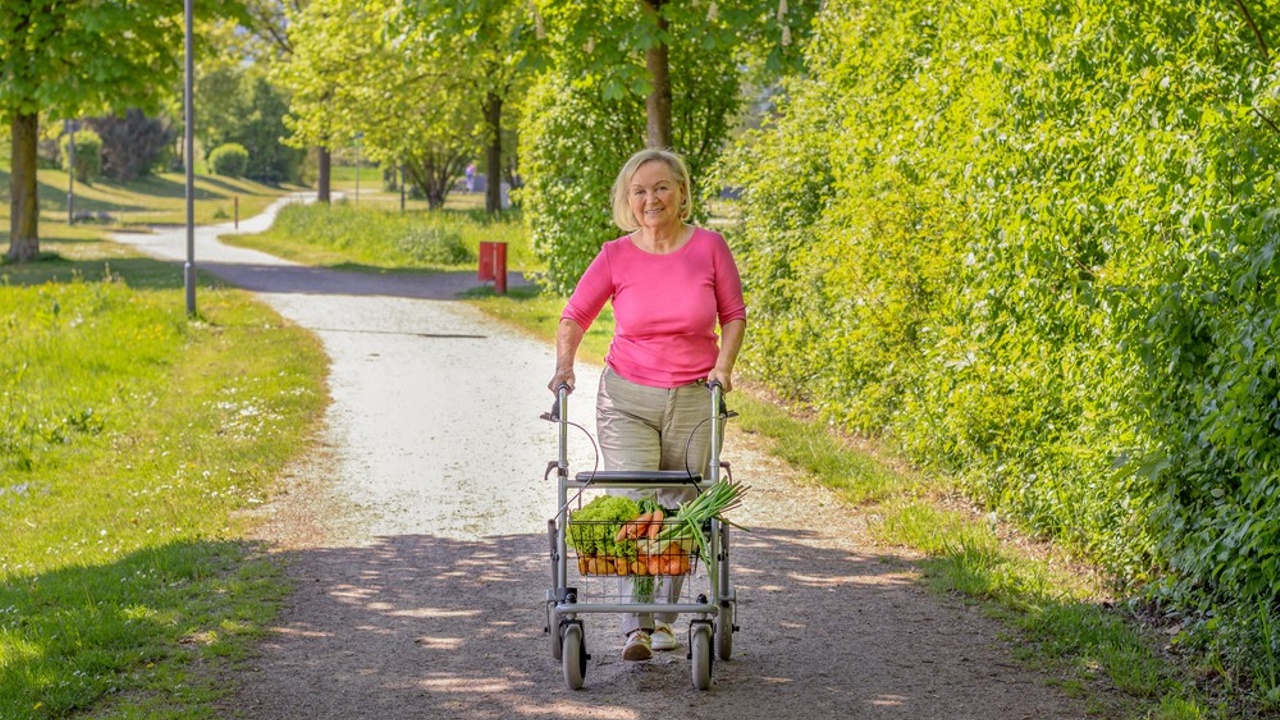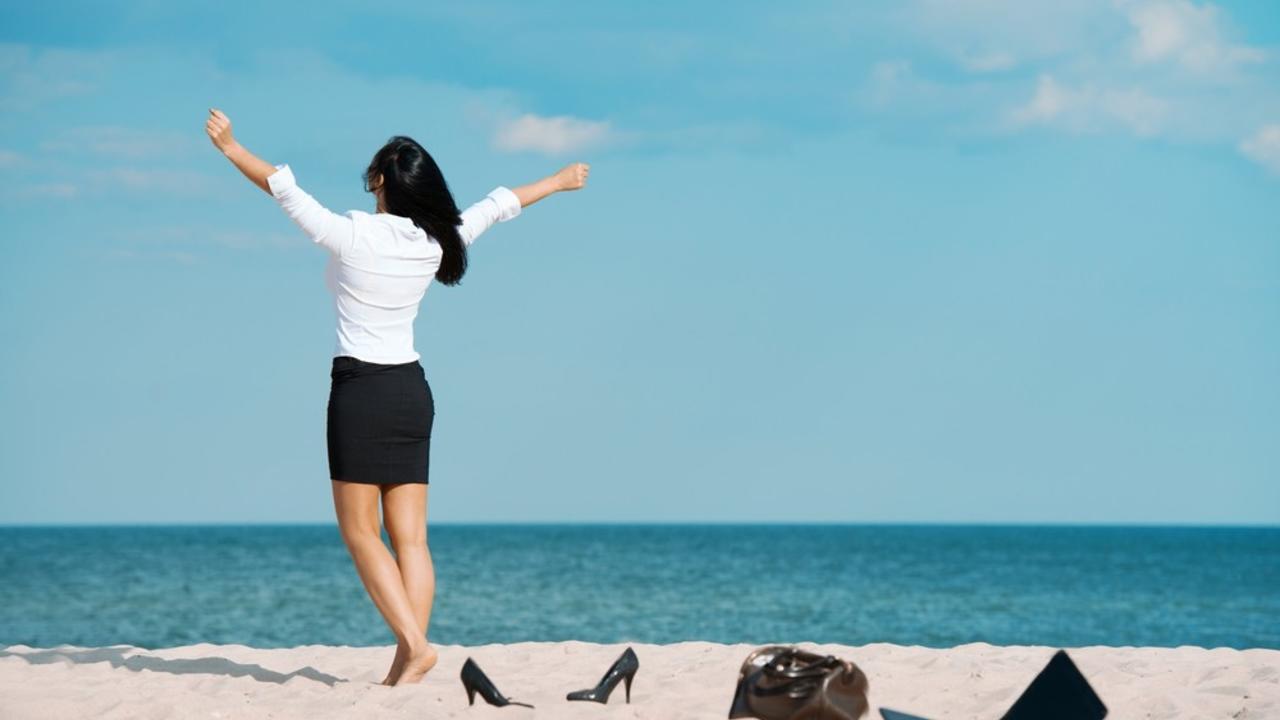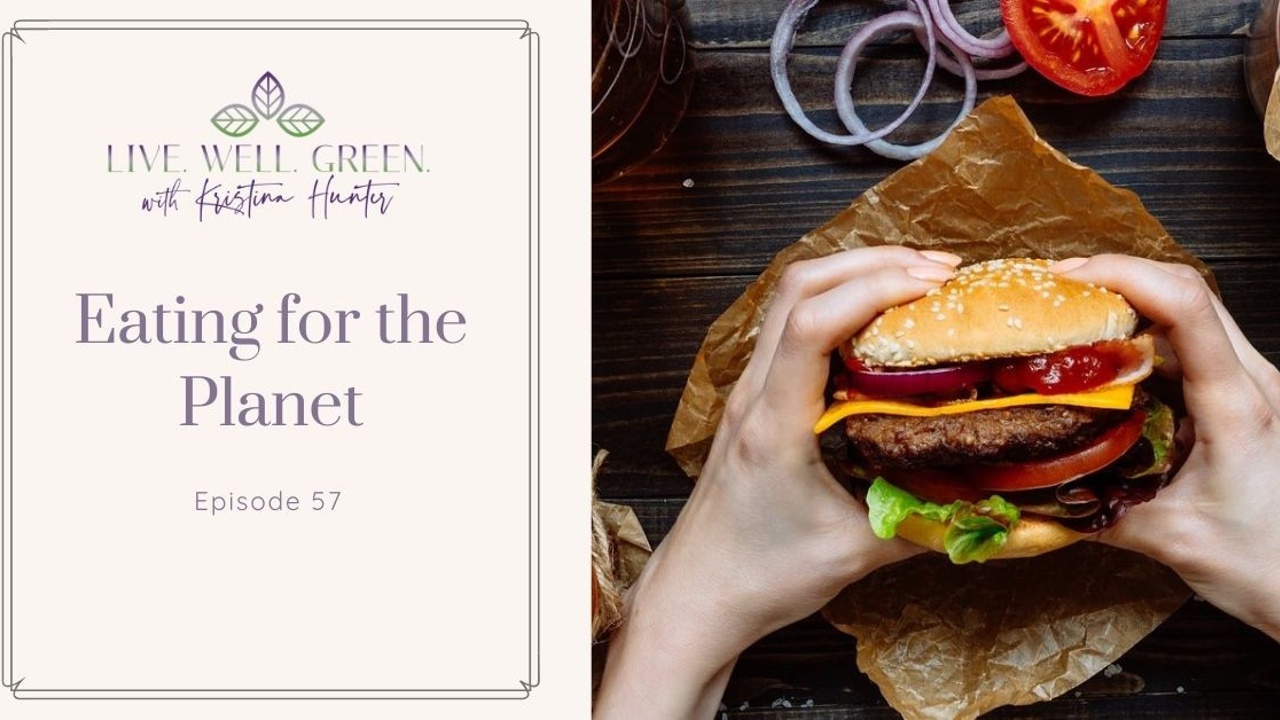Sustainable wellbeing and green living
Let's find ways to Flourish!
So, you want to build a deck or fence...

- pressure-treated wood,
- naturally weather-resistant wood,
- composite
- PVC (plastic)

Pre and Post Natal Sustainable Wellbeing

It is easy for new parents to feel a little overwhelmed and even scared at times when you consider all of the changes happening. Then to add on the concerns over environmental sustainability, and avoiding harmful toxins, what you should or shouldn't buy can be quite the maze!
I chatted with Kimberly McFerron, Pre and Post Natal Exercise and Education Specialist and she talked about her own experiences with navigating sustainability issues in pregnancy and with a newborn and comes up with plenty of great advice, everything from diaper pails to baby food. And all with the perspective that you don't need to do it all at once.
Focus on Essentials
Kimberly suggests that all you really need to do is focus on the fundaments of ensuring that women feel safe and supported during pregnancy and focus on the essentials of what a new baby needs, which is really their food, sleep and clean diapers.

So how does she accomplish this with an eye to living lighter on the earth? For her, th...
Passive Housing for Low Carbon Living

Buildings are an important piece of the sustainability puzzle, as residential and commercial buildings have significant environmental impact. For example, the United Nations Environment Program states that commercial and residential buildings are responsible for 36% of global energy use and 39% of energy-related carbon dioxide emissions annually. This means that we need to change not only the way we are currently living, but the structures in which we are living, working, and visiting as well.
While there are ways to make previously built buildings more sustainable through retrofits and energy efficient upgrades, it is also important to consider alternative ways of building in the first place, as new design techniques set precedents for a more sustainable future.

Passive House (also called Passivhaus in German) is a high-performance building standard that puts an emphasis on energy performance. Passive Houses consume up to 90% less heating and cooling energy than conventional build...
Creating Age-Friendly Communities

Aging is a life-long process that we should embrace and enjoy, not shy away from. However, this can be difficult to do when we live in cities which are designed in a way that tends to exclude the elderly population from being active, social, and properly included in society.
Because this is such a widespread issue, the term “age-friendly” has been developed in order to describe cities and communities that are inclusive of all ages. According to the World Health Organization (WHO), an age friendly city includes policies, services, and structures related to the physical and social environment that support and enable elderly populations to age actively.
“The WHO defines active aging as being able to: live in security, enjoy good health, and continue to participate fully in society.”
This is achieved by making sure that public settings and services are accessible for varying levels of ability. It is no secret that urban areas are often designed with young and mobile populations in mind....
Getting around while being active equals: Active Transportation

Active transportation is any kind of human-powered form of travel! This includes walking, cycling, running, skiing, skating, skateboarding, canoeing, and more.
One of the most popular forms of active transportation is walking due to the fact that it is free and doesn’t require learning a new skill!
Active transportation is a great way to get your body moving and enjoy all the benefits that come with physical exercise. While we may not all have time to hit the gym or schedule in some structured exercise, using different forms of active transportation instead of taking a car or the bus can be just as beneficial health-wise!

Some of the benefits that come with regular physical activity include the release of endorphins, increased energy, improved quality of sleep, improved overall mood, and the prevention of cardiovascular disease, some cancers and diabetes.
In addition, choosing active transportation is great for the environment, as less fossil fuels are used, less pollution is pro...
A better way to do business: DIFF eyewear

When it comes to combining practicality with personal expression, glasses are one of those accessories that do both, but what about social impact? Can they accomplish all three? DIFF eyewear is trying to.
In the case of prescription glasses, not only are they necessary for your vision, but they are a fun way to spice up your look and express your personal style, and sunglasses are a fun way to add a little extra something to your outfit while staying safe in the sun.

Now, wouldn’t it be great to purchase your glasses from a company whose social mission is great as well? DIFF Eyewear is an eyewear brand with a high social accountability track record, that I thought you should know about. It is impressive what they are doing, and you know that I love to highlight social enterprises!
DIFF Eyewear
DIFF Eyewear was founded in 2014 and from the onset, had some ambitious social impact goals. All three co-founders, Zach Gordan, Chad Jernigan, and Chad Dime had already been working in the...
Want to make a difference in the world? Médecins Sans Frontières – Doctors Without Borders are, and you can too!

Most of us want to make a positive impact in the world, but we are not always sure how to do so, and our lives tend to already be pretty full and busy. But there are some organizations that we can rely on. They are already on the ground, and doing the important work; all we need to do is support them in whatever way we can.
In light of the COVID-19 pandemic, medical aid and healthcare is a topic that has been at the forefront of everyone’s mind. It is clear just how important access to proper healthcare is. Unfortunately, not everyone is able to access medical aid. This is a truth that Médecins Sans Frontières is trying to change.
Médecins Sans Frontières, or MSF, also referred to in English as Doctors Without Borders, is an international humanitarian non-governmental organization that provides medical care and saves lives for those living in conflict zones, natural disasters, and epidemics.
This Nobel Prize-winning emergency humanitarian medical organization is made up of tens of t...
How workplace culture can promote wellbeing with mandated vacations!

Wouldn’t it be nice to take time off from work and take an actual break? To many, this may seem impossible due to work constraints and peer pressure in the workplace that prevents people from actually taking their vacation days. I know that for many years I did not take my full allocation of vacation days - it seemed that there was just always too much work to do.
Luckily, many businesses are embracing the idea of mandatory vacation days in an effort to keep their employees happy and healthy. Although required by law in most countries around the world, allocated vacation days or paid time off, often go unused by employees. According to Expedia’s Vacation Deprivation Study, 31 million vacation days were unused by Canadians in 2016. In 2018, 768 million vacation days in the United States went unused.
Clearly there is an issue at hand. Employees are feeling that they are unable to take their vacation days, often due to demanding work schedules, looming deadlines, and responsibilities th...



